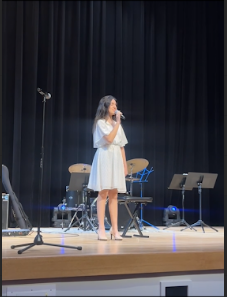
Imagine staring into someone’s eyes. I’m sure a special someone comes to mind. Now imagine staring into the eyes of two people. How about one hundred? Seems impossible, right?
Well, the trick is not to stare — it’s to look at their foreheads. That’s what my theater teacher taught me.
I suppose this makes the whole idea of “stage fright” a little easier to manage. And I suppose it helped me.
I remember how I felt before my first performance. It was a dark atmosphere. As I peered from behind the curtains, I was taken aback. A single, dim, blue light shined on stage to remind us actors “Hey! The stage is over here pal!”
If that wasn’t stressful enough, the house was also packed. Hundreds of people sat in the audience and filled the air with whispers, giggles and faint coughs. Their ages ranged from tiny babies to grown seniors.
I was performing a family-friendly show, of course, so I expected this. I should have been prepared for all of this to happen.
My theater teacher told us to never peek at the curtains because:
“You can see the audience, the audience can see you.”
I was breaking the rules, but oh well. When you’re about to go up on stage, you don’t care for things like that.
Before I knew it, the music began. Our backstage manager filed us into a line, so we could come out on stage in a proper order. I was shaking, but I wasn’t entirely nervous. The first act required a whole ensemble to be on stage, so if I messed up or anything, no one would notice.
The ensemble numbers were fast-paced, and so I zoned out mostly. I kept my head down and just watched the person’s feet in front of me.
I wasn’t one for dancing super-fast jazz numbers, anyway.
Then came the second act, and I was expecting myself to be as calm and collected as I was in the first half. But a piece of me knew this was going to be extra terrifying. It was going to be the solos.
Although it was my very first year in theater, I still got a solo. After auditioning for the solo, I remember the director telling me something along the lines of:
“You can sing loud. That’s what we need.”
I was ecstatic to perform a solo.
That was until I had to go on stage. I never really thought about what that moment would look like.
Before it was my turn to sing and dance my solo, a girl was soloing before me. Her name was Nicole.
Nicole had around five years of theater under her belt. She could sing and dance and act all at once. I remember watching her before my solo, (peeking through the curtains of course) and how she just ad-libbed and was so natural on stage. She was mesmerizing, and her voice carried throughout the entire theater.
My stomach turned, and I felt like collapsing. I remember looking around backstage and watching the expressions of all my castmates. They weren’t as freaked out as me, and I didn’t know how to feel about that.
I was worried that I was going to mess up or disappoint my teachers and all of the people who took time out of their day to see this show.
Yes, we were kids. But yes, I wanted to get this right too.
As soon as Nicole’s solo ended, she exited in my direction.
Her eyes were sparkling, and she whispered to me “Break a leg!”
I felt like literally breaking my leg at that moment. I wanted to run out the back exit and go home.
But I found myself walking to the stage. There was no blue light this time, and I had to hope I didn’t trip over one of the props set on stage.
I looked down and took a deep breath.
The music began, and hundreds of eyes looked at me immediately.
My mouth was dry, and my head started to buzz. I had a couple of counts until my singing solo began. So I tried to act as if I didn’t want to evaporate at that moment. So I smiled at the audience. A simple smile.
And then I got smiles back. Faint, but proud smiles from faces in the room.
And then the music began. And I sang loudly, and I remembered that this was the “pay off” moment my theater teacher told us to look forward to when rehearsals got stressful.
I remember all of my movements coming so naturally. Of course, I had rehearsed, but it wasn’t like I was trying to remember. I was free, in a way.
When you’re on stage, you’re very aware of the people observing you. You’re exposed.
And I’ve learned two things about feeling that way — either you embrace it or learn to live with the regret of failing yourself.
I wanted people to never forget. I wanted them to remember the song I sang, and to simply enjoy my performance. That is the core of entertaining to me, I wanted to be impressive and give people a run for their time with me.
The song ended. And then came the applause.
The applause was overwhelmingly wonderful. It was a rumble of passion, relief and joy that the audience showered on you. The stage lights were so bright that I couldn’t even see who was clapping for me. I just knew, deep down, that this was a moment I wanted to relive over and over again. As I bowed on stage, the lights dimmed.
I took a look at the people in the few seconds I had left on stage.
And there were the same hundreds of eyes. They loved me. They loved seeing me go up on stage and do my thing.
Performing arts became a sort of hunger for me. I would actively seek out chances for silent eye contact and then applause. It was addicting. So much so I still do it. I’ve been doing performing arts for close to eight years now.
It was a cycle of climax and reward. And it was all I ever wanted in life.
Of course, I tried to be an actress. I tried to be on Broadway. I tried to be a ballet dancer. I tried many types of performing arts.
But I knew that it wasn’t sustainable for me. It would become harsh, ugly and real.
The beauty of the stage lights and the eye contact and the music and applause would lose meaning to me, and I only ever wanted it to be magic and not reality.
To me, the theater will always be ataraxy. I will never reach a level of perfection that all us artists strive for, because it’s simply impossible.
But that’s what keeps us going. It is not the mere art itself, but the passion and the thought that goes behind it. No one will truly understand you as an artist, because art is an interpretation.
As for being on stage, you get to meet strangers you will never see again. It’s more than looking at someone passing by. You reach a level of vulnerability that you do not expect back from the audience.
There is something intimate about eye contact. You catch something you’ve never seen before.
That is what keeps me going.



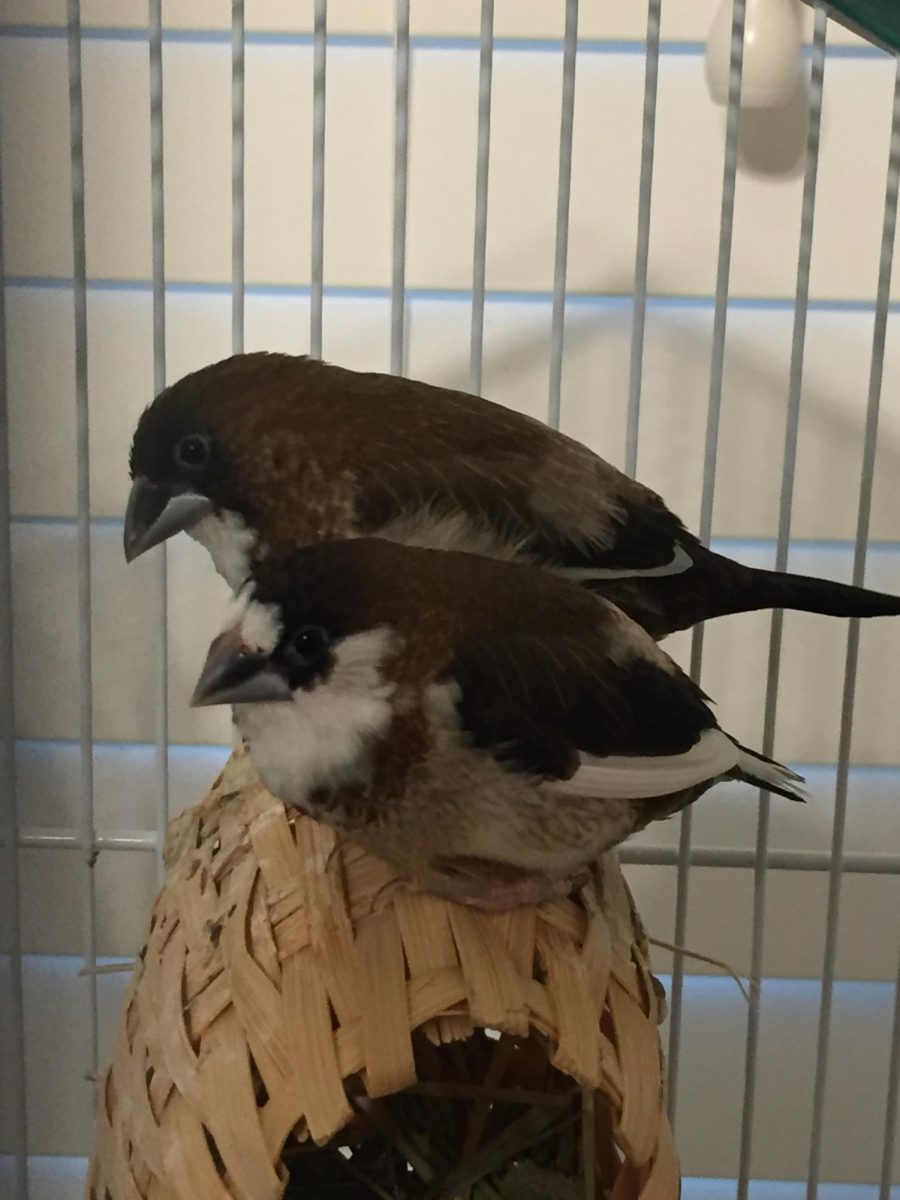


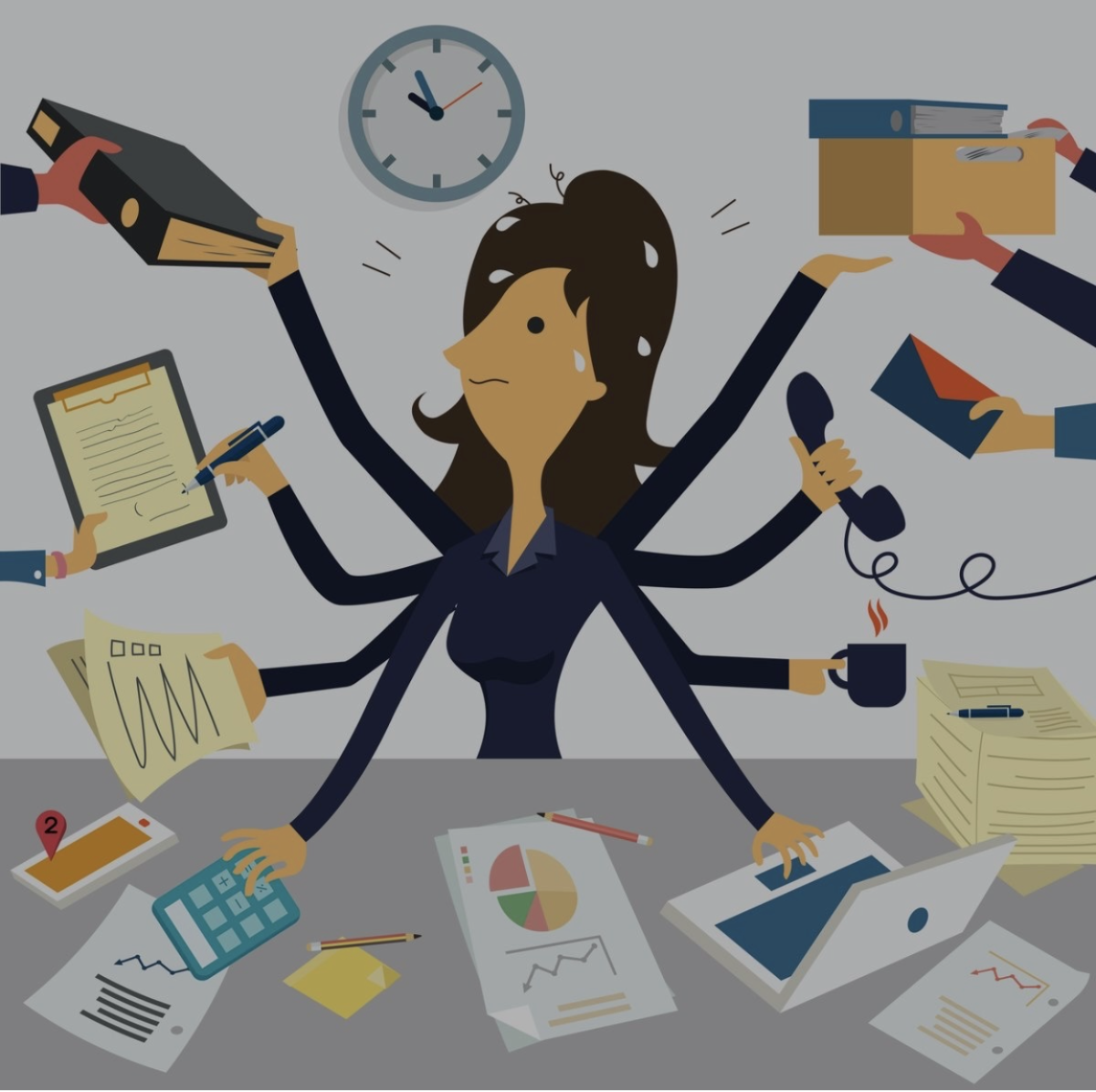
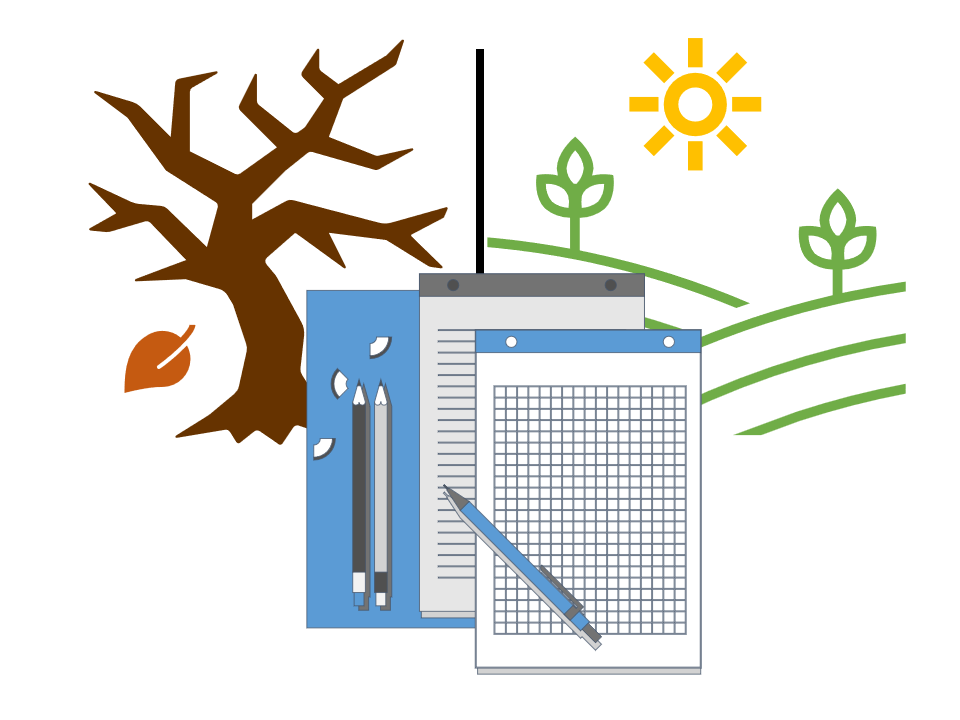
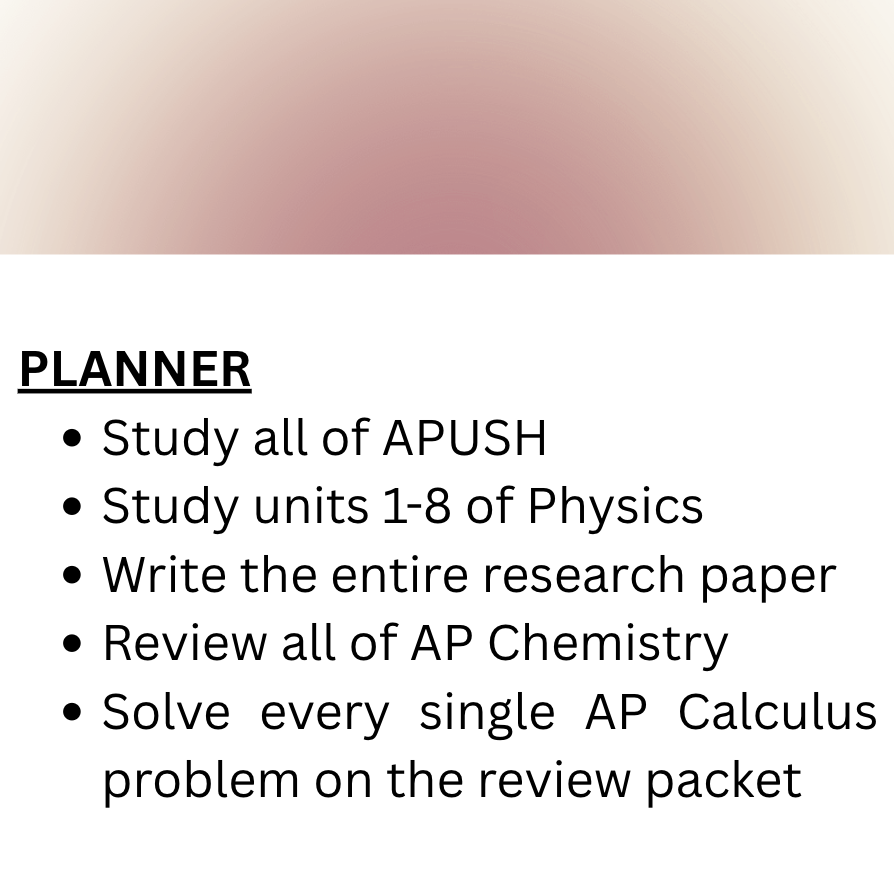


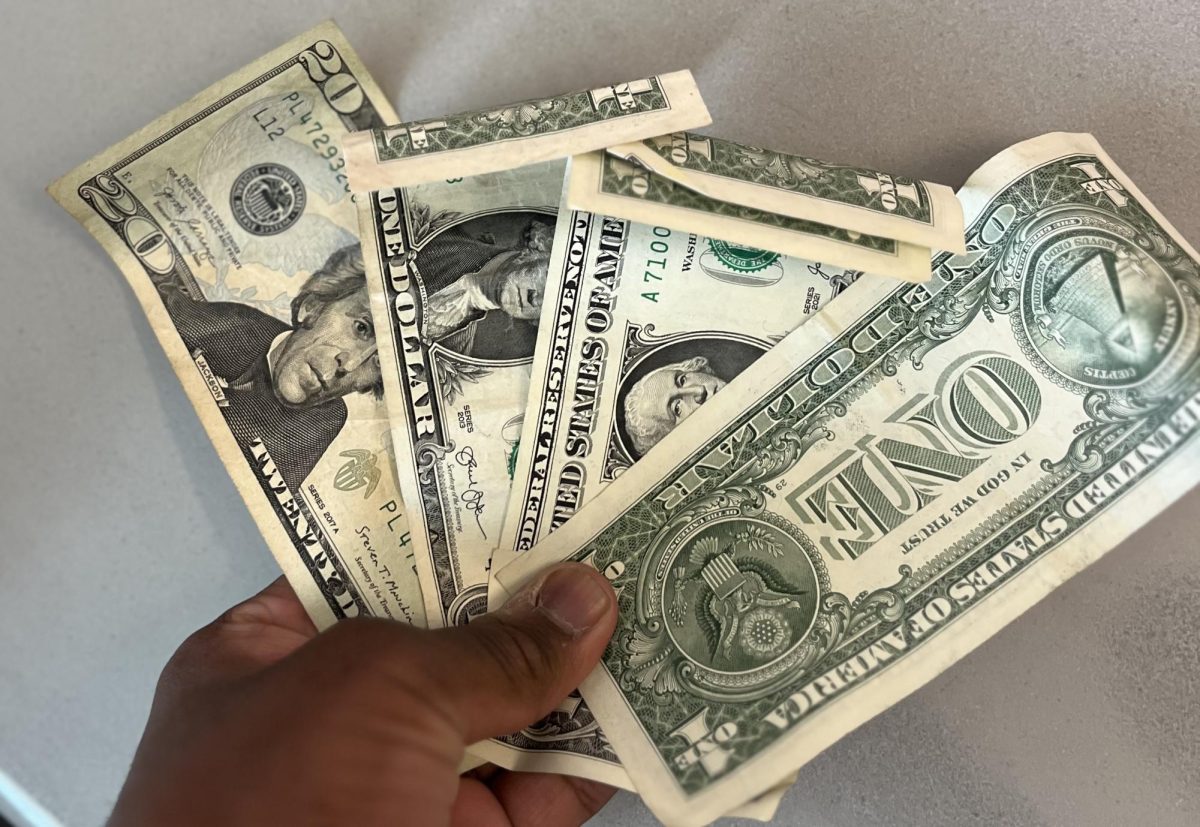
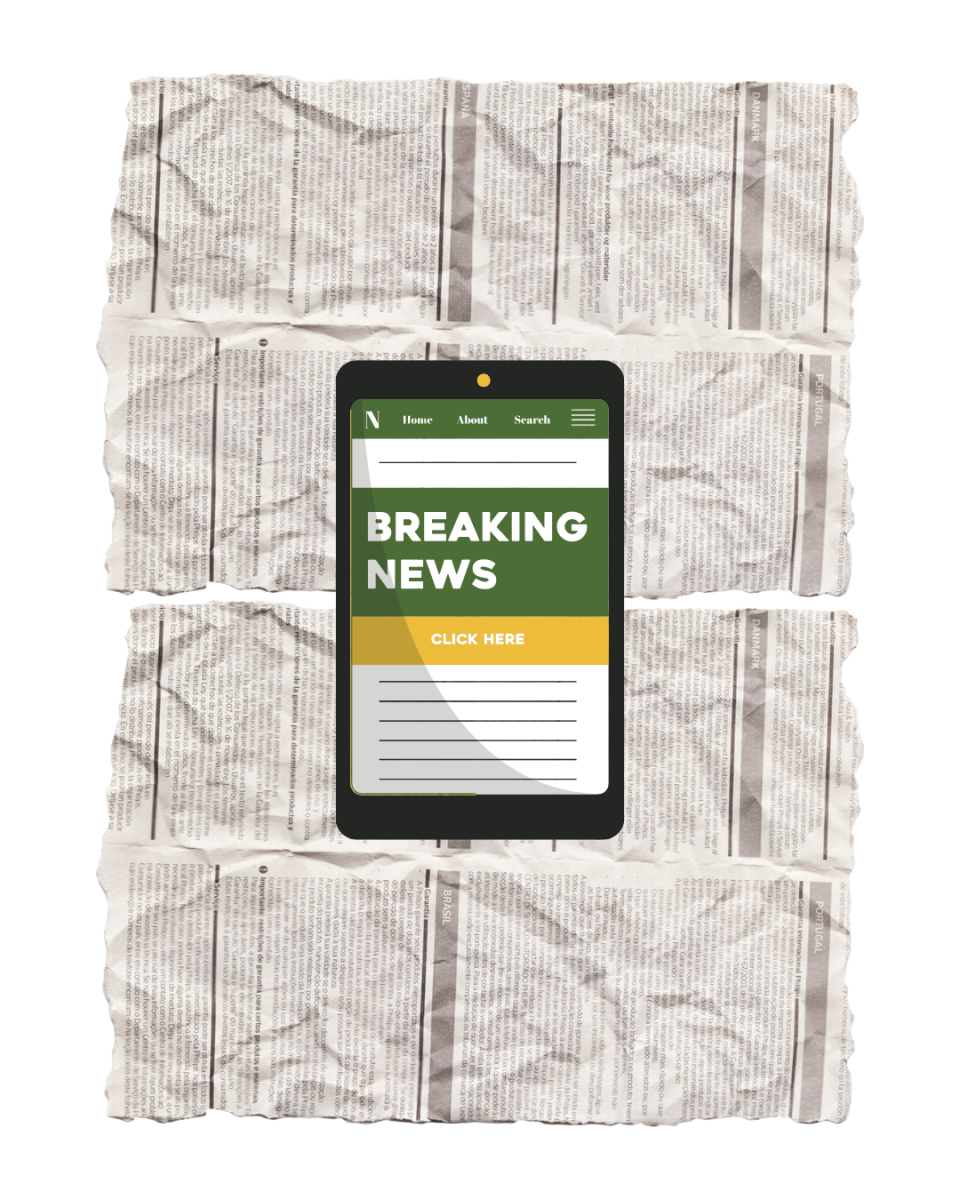
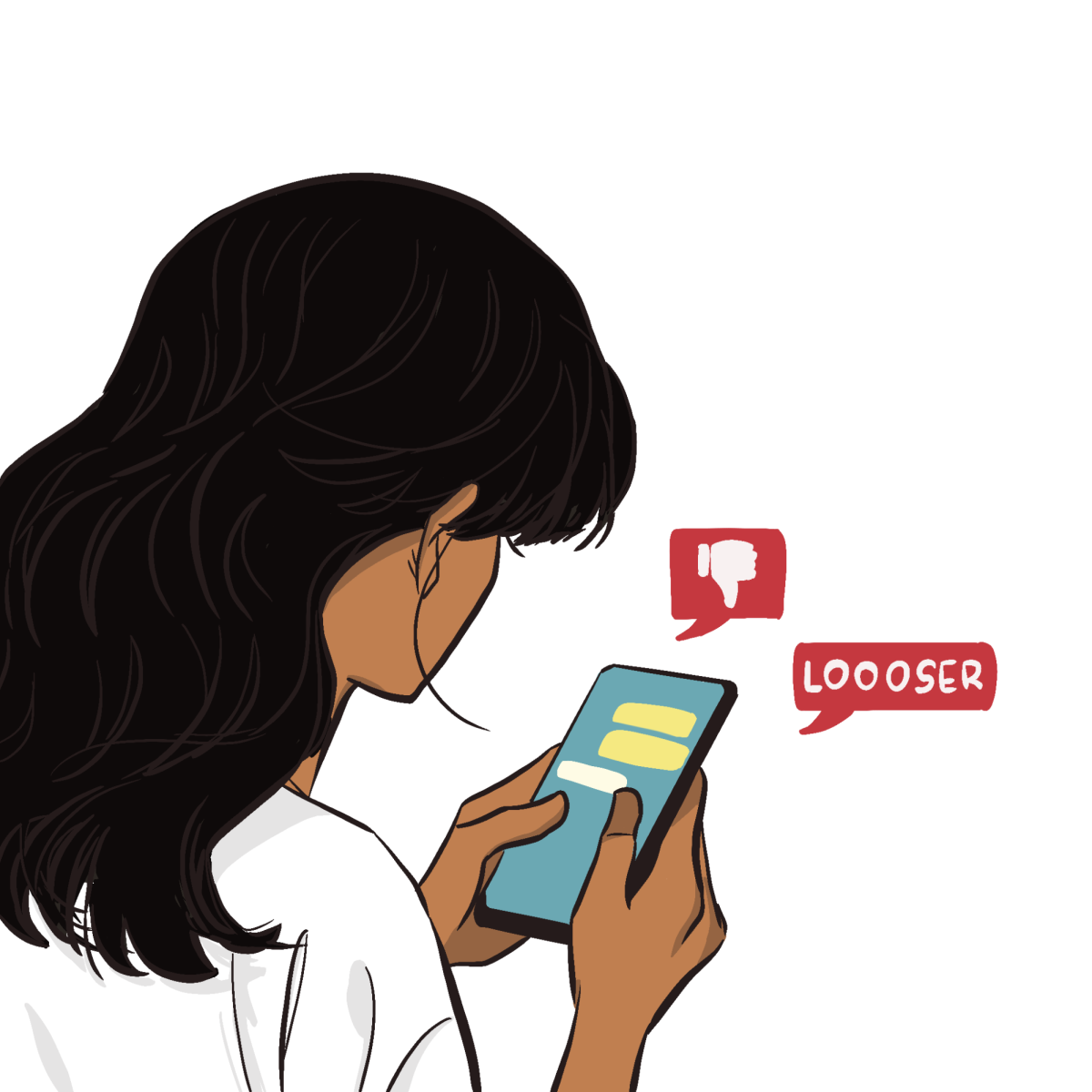
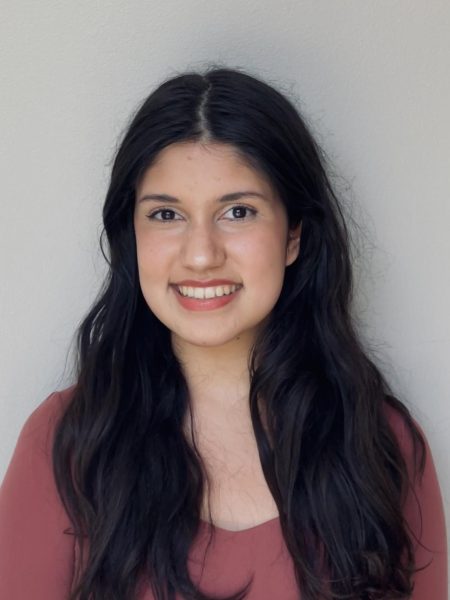
Jennifer Manhas • Mar 7, 2024 at 4:01 pm
Amazing insight for those of us with stage fright! Enjoyed this lots Anjali!
Justin Leahy • Jan 22, 2024 at 7:36 pm
Love this Anjali!!!